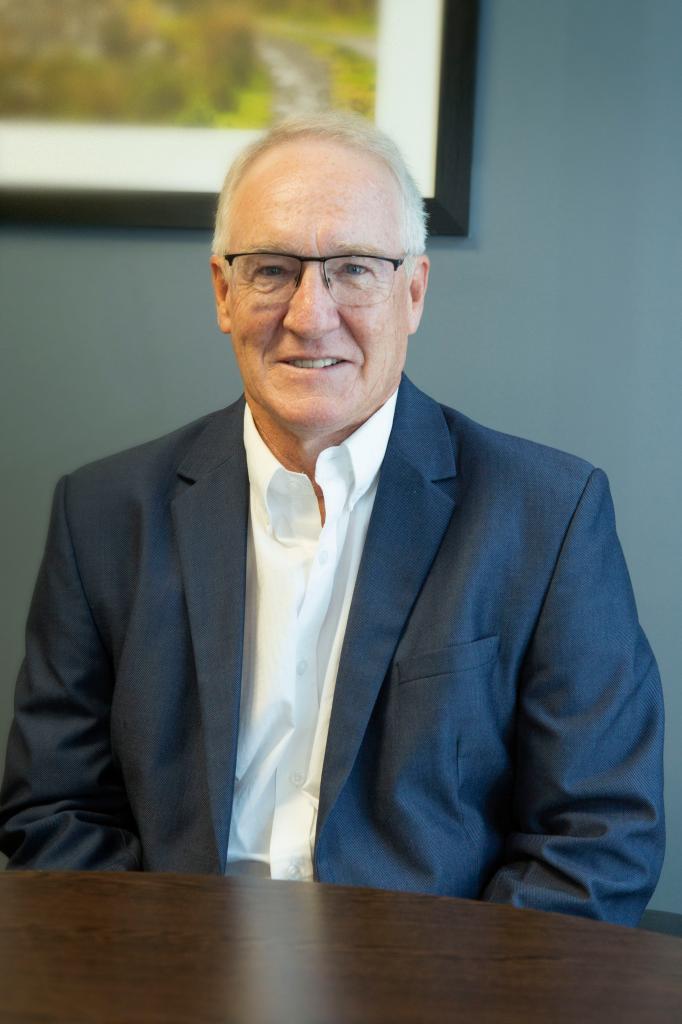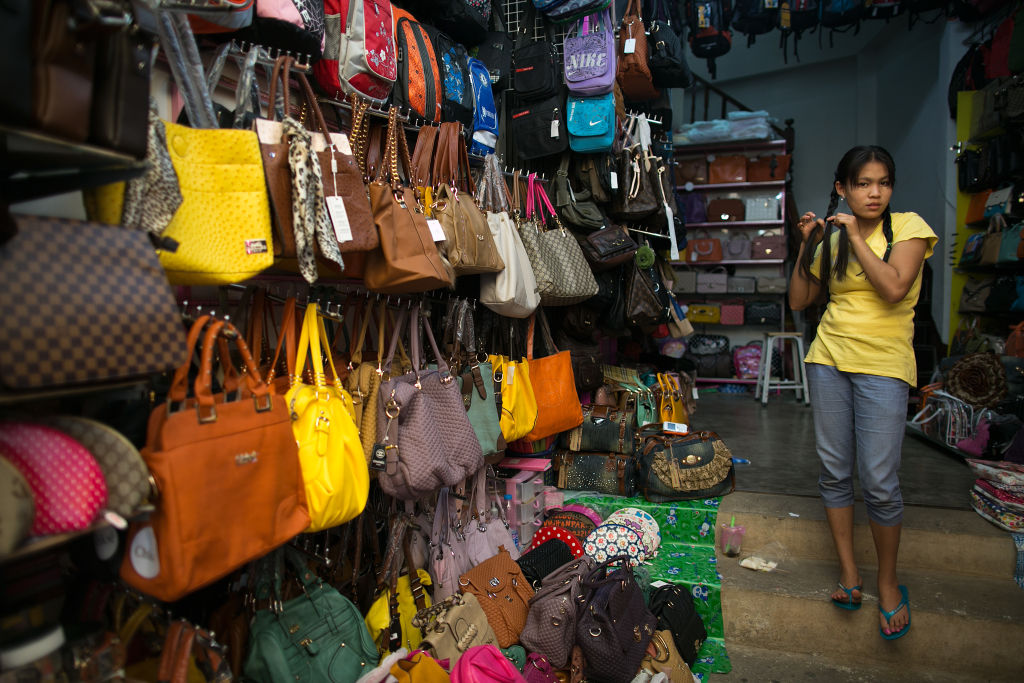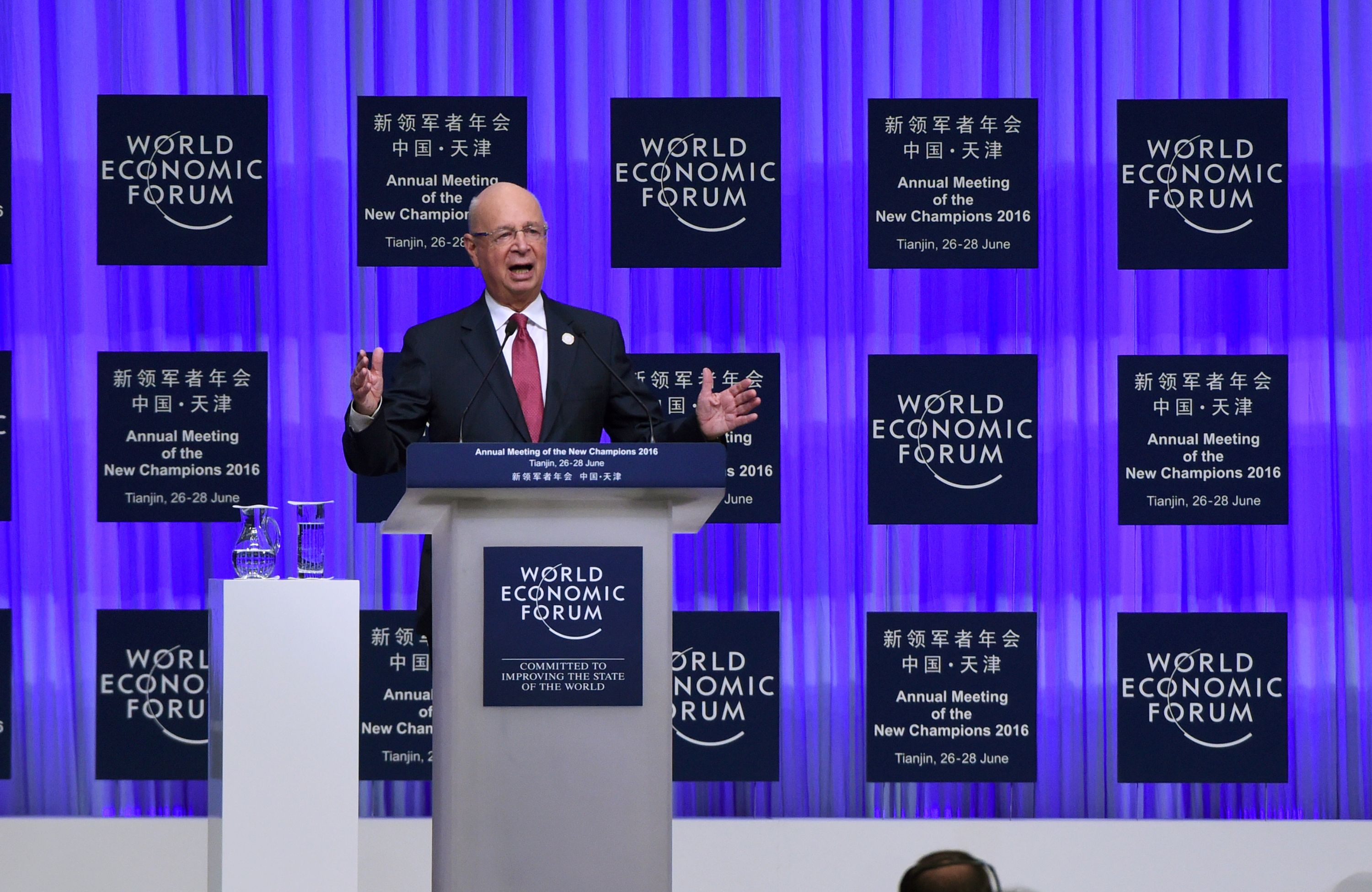Professor Deon Rossouw, BnEI Chairman: In His Take on Dealing Corruption

You have just taken the helm of the Banknote Ethics Initiative (BnEI). What are the aims of this organization, and what do you hope to bring to the table as the new Chairman?
The Banknote Ethics Initiative (BnEI) is a collective action initiative that was established in 2013 with the purpose of promoting ethical business practices in the banknote industry. It is specifically focused on combatting corruption and anti-competitive conduct. Companies involved in any aspect of banknote production can voluntarily become members of BnEI by formally adopting the BnEI Code of Ethical Business Practices. All members of BnEI should demonstrate their adherence to this code by submitting themselves on a triennial basis to an audit based on an audit standard that was specifically developed for BnEI to align with its Code of Ethical Business Practices. These audits are conducted by two reputable independent audit firms. Once the audit is successfully completed, the BnEI Accreditation Council, consisting of three independent experts, formally approves the outcome of the audit, and should corrective action be required by a member company, they are informed accordingly. BnEI also promotes ethical business practices in the banknote industry and collaborates with stakeholders in the industry as well as with anti-corruption collective action initiatives in other industries.
During my term as Chairperson, I will focus on the further development of the audit standard against which BnEI members are being audited. Furthermore, I would also focus on promoting the BnEI standard within and beyond the banknote industry.
How did you arrive at this position? What were your links with BnEI before you took up this position?
I started my career as an academic as a Professor and Head of Philosophy Departments at two universities in South Africa, where I specialised in Business Ethics. During my time in academia, I founded the Business Ethics Network of Africa (BEN-Africa) and served for four years as Founding President of BEN-Africa, after which I was elected as President of the International Society of Business, Economics, and Ethics (ISBEE) also for a four-year term. I also spent a year in Geneva at the Globethics Foundation, where I conducted a global survey of the field of Business Ethics. In 2010, I left academia and became the CEO of The Ethics Institute, which is an independent non-profit organisation that operates as a social enterprise by providing training, assessment, and advisory services to organisations in the private and public sectors across continents. In this latter capacity, I was involved in collective anti-corruption action initiatives in several countries. Furthermore, I am a member of the King Committee on Corporate Governance for South Africa, which is responsible for issuing the internationally acclaimed King Reports on Corporate Governance.
I did not have any links with the Banknote Industry prior to taking up this position. Consequently, I was quite surprised when I was first approached by BnEI to take up the position of Chairperson of BnEI. However, when I realised that BnEI was deliberately searching for someone with a solid background in Business Ethics, Corporate Governance, and Collective Action, I became more comfortable with the invitation by BnEI to make myself available for the position of Chairperson. After a rigorous process of interviews by members of BnEI, I was appointed as the Chairperson from October 1, 2023.
How do you now divide your time between your various professional commitments, including your role as the BnEI's Chairman?
I indeed have to juggle quite a number of professional commitments, as I am currently the CEO of The Ethics Institute, an Extraordinary Professor in Philosophy, an independent non-executive director on a number of boards, and chairperson of a number of committees and advisory bodies. The only way to deal with all of these demands simultaneously and not generate conflicts of interest in the process is by incorporating all these responsibilities into my job responsibilities at The Ethics Institute. This situation is, however, likely to change in the foreseeable future as I plan to retire from my position as CEO of The Ethics Institute in 2024.
The fiduciary business is a breeding ground for corruption. All the players (Central Banks, suppliers) are aware of this and are working to make the industry virtuous. What are the safeguards in place to tackle any illegal activity?
The most important way of dealing with corruption is by preventing it in the first place. The law is important to deal with corruption once it has occurred, but then the damage has already been done. The law and the consequences of breaking the law are powerful deterrents of corruption, but given the reoccurrence of corruption across industries, it is clearly not always a sufficiently strong deterrent.
At the heart of corruption is always some or other conflict of interest where people act in their own best interest and not in the best interest of the organisations that employ them. To avoid such conflicts of interest, it is important to instil a clear sense of purpose in a company that is then supported by a set of clear ethical values. However, unless there is a good governance process, proper risk management, and the active involvement of management in ensuring that a company's ethical values and standards are indeed respected and implemented, such ethical standards can be mere words on paper.
How did the BnEI handle the past scandals of alleged corruption, like in Liberia or, more recently, in South Sudan?
Since BnEI started auditing its members, we have been fortunate that none of our members have ever been convicted on any corruption charges in their banknote business since they were BnEI accredited. It was exactly earlier misbehaviour in the industry that sparked the need for establishing BnEI in order to change the image of and practices in the industry. Having said that, corruption always remains an area that needs to be closely monitored. In its Articles of Association, BnEI has specified a clear procedure for dealing with transgressions by its members should it ever occur.
Is the BnEI currently working on any specific issues? Some tenders in Africa appear to be more complex than usual. How do you deal with that?
I do not have any more information other than what appeared in the media on this matter. At the moment, the main area of focus for BnEI is the development of a second-generation audit standard that will build upon but also exceed its current audit standard, which is now about a decade old. Since the BnEI audit standard was first introduced, the International Standardisation Organisation introduced its ISO 37001 anti-bribery standard. Going forward, it will be important for BnEI to incorporate but also go beyond the ISO 37001 standard, which is a generic (and not an industry-specific) standard. The new BnEI standard should establish itself as an industry-specific standard for the banknote industry but also demonstrate its ability to go beyond bribery, corruption, and anti-competitive behaviour, and also mitigate other industry-specific risks. Importantly, it should also demonstrate that BnEI is not only focused on preventing bribery, corruption, and anti-competitive conduct, but is also actively promoting an ethical culture in BnEI member organisations.
More generally, how do you feel business ethics have evolved over the last few decades? Are companies and public bodies tending to be more virtuous?
I am not convinced that either individuals or companies have become more virtuous over time. Moral development—whether in individuals or companies—seems to me like a transgenerational issue that will always be with us.
What has, however, changed over time is the expectation that societies have of the role of business in society. There is a clear expectation that companies should balance their own interests with the interests of all their stakeholders as well as the communities in which they operate.
Also, within companies, there is now a much higher awareness of the damage that unethical conduct can cause a company. The prevalence of social media has sharpened the focus on the responsible conduct of companies. There is no backyard in the world of social media, and misdemeanours have become more detectable and reportable than ever before.
Another important insight that emerged in recent years is that compliance on its own cannot control all ethical excesses in a company. The simple truth is that it is impossible to monitor all your staff and third parties' actions all the time.
A further recent insight is that fear-based compliance programmes are only effective up to a point. When they become too aggressive, people start abandoning their moral agency and become less ethically responsible than they initially were.
That is why we have seen in recent years a move towards ethical conduct and culture in corporate governance reforms. The insight has dawned that the only way to ensure consistent, responsible, and ethical conduct is by people inculcating and appropriating the ethical values of an organisation so that they will do the right thing even when nobody is watching.












